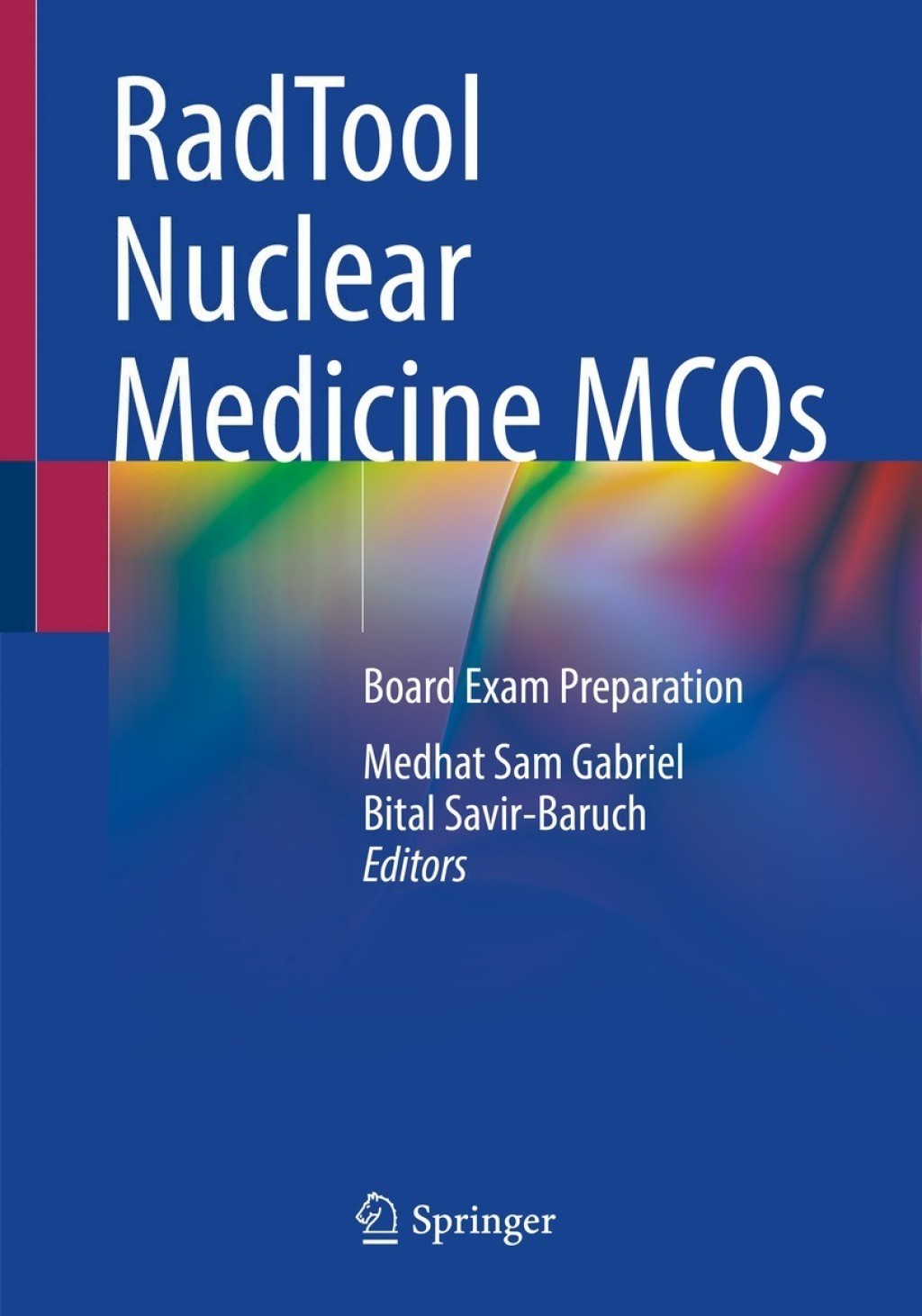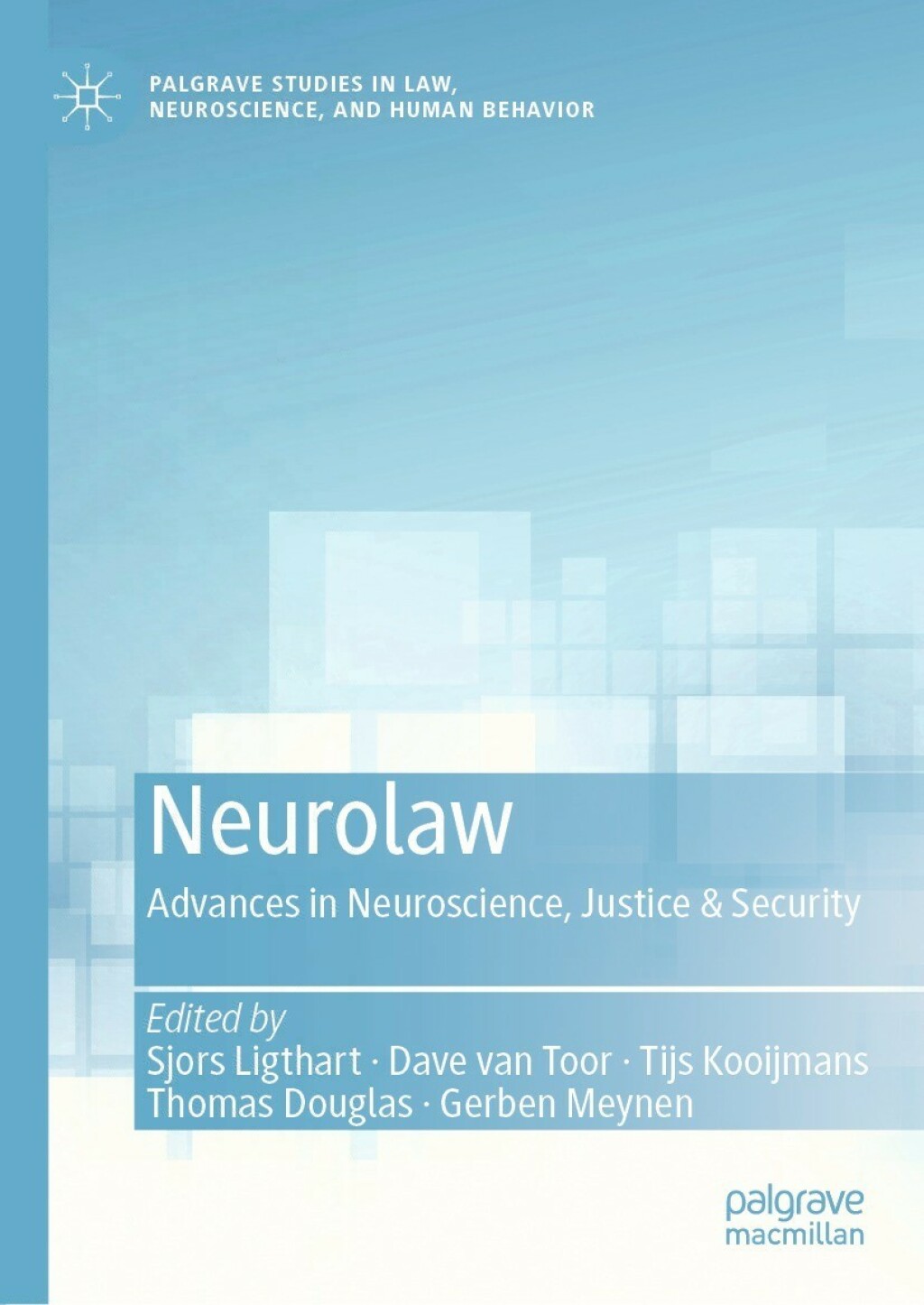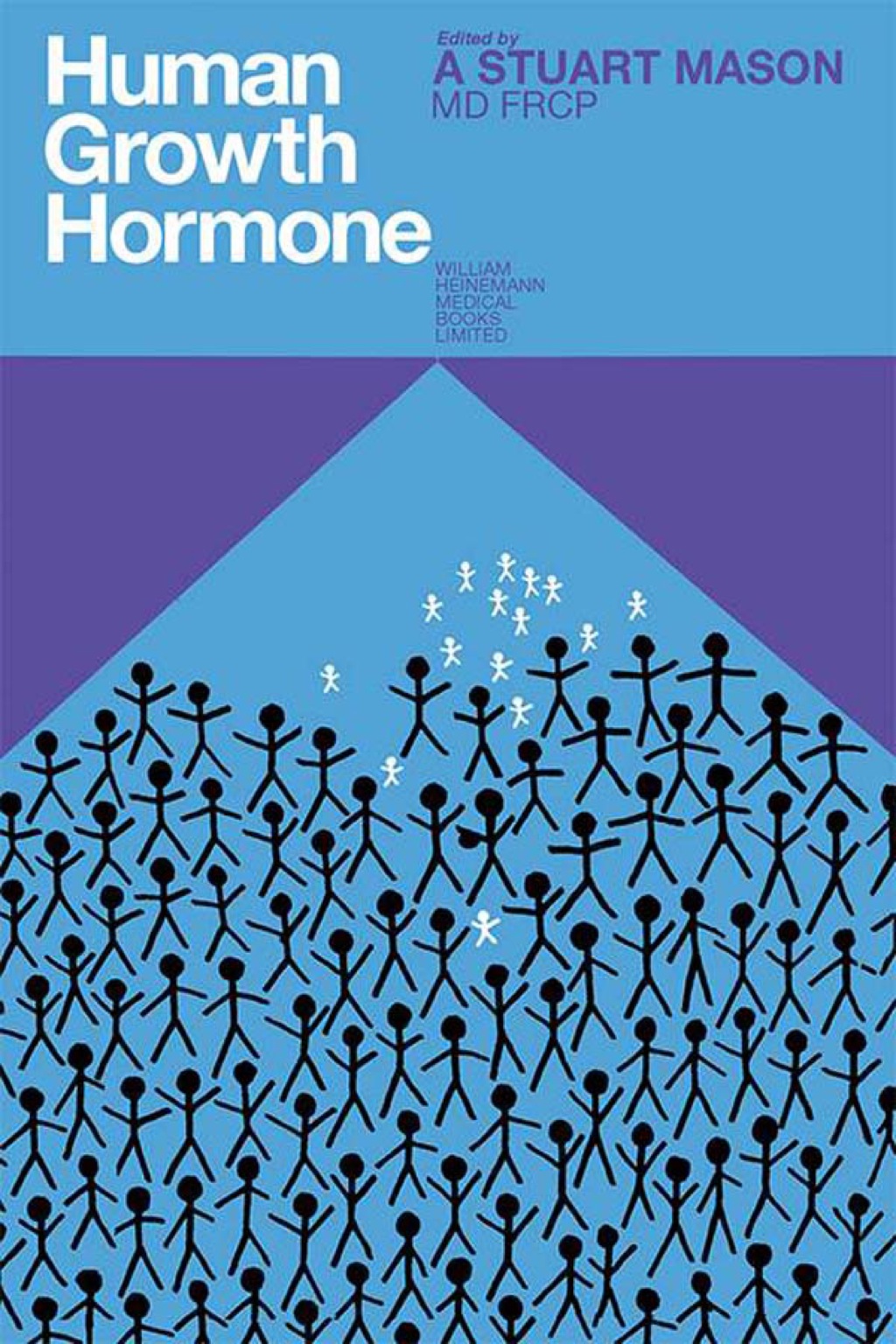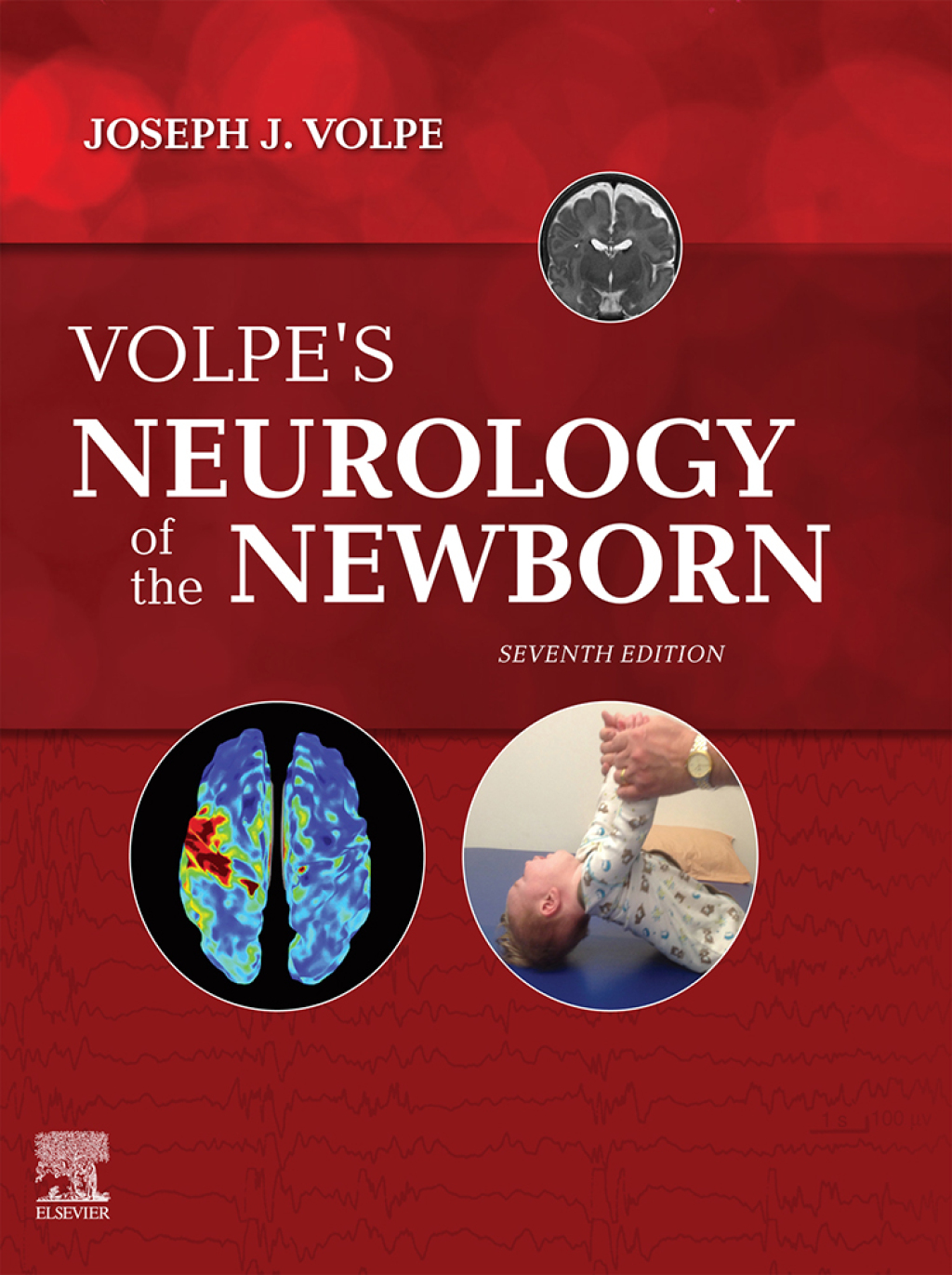This edited book provides an in-depth examination of the implications of neuroscience for the criminal justice system. It draws together experts from across law, neuroscience, medicine, psychology, criminology, and ethics, and offers an important contribution to current debates at the intersection of these fields. It examines how neuroscience might contribute to fair and more effective criminal justice systems, and how neuroscientific insights and information can be integrated into criminal law in a way that respects fundamental rights and moral values. The book’s first part approaches these questions from a legal perspective, followed by ethical accounts in part two. Its authors address a wide range of topics and approaches: some more theoretical, like those regarding the foundations of punishment; others are more practical, like those concerning the use of brain scans in the courtroom. Together, they illustrate the thoroughly interdisciplinary nature of the debate, in which science, law and ethics are closely intertwined. It will appeal in particular to students and scholars of law, neuroscience, criminology, socio-legal studies and philosophy. Chapter 8 is available open access under a Creative Commons Attribution 4.0 International License via link.springer.com.
“Atlas of the Ultrastructure of Diseased Human Muscle” has been added to your cart. View cart
Neurolaw Advances in Neuroscience, Justice & Security
Author(s):
Publisher: Palgrave Macmillan
ISBN: 9783030692766
Edition:
$39,99
Delivery: This can be downloaded Immediately after purchasing.
Version: Only PDF Version.
Compatible Devices: Can be read on any device (Kindle, NOOK, Android/IOS devices, Windows, MAC)
Quality: High Quality. No missing contents. Printable
Recommended Software: Check here










